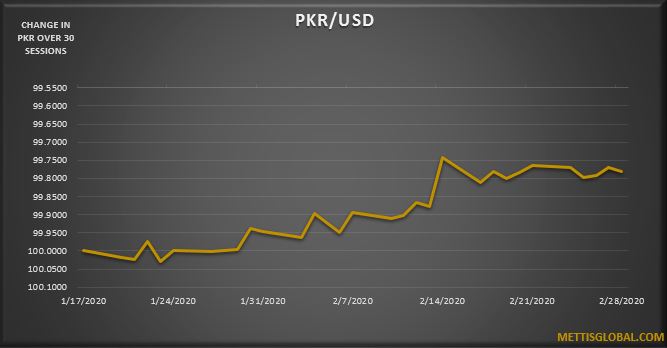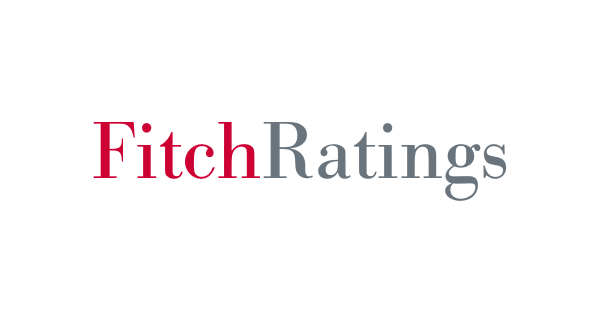Coronavirus economics: roundup of radical steps by govts

MG News | March 24, 2020 at 05:26 PM GMT+05:00
Mar 24, 2020: Governments and central banks around the world are resorting to the unthinkable as they battle to immunise their economies from deeper coronavirus carnage.
Gargantuan debt spending, loan guarantees, tax breaks and even direct payments to workers are all in the highly unorthodox mix as leaders tear up the policy rulebook.
AFP surveys the latest responses by major economies as COVID-19 has spread from China to the rest of the world, making a global recession all but inevitable:
US lawmakers failed again on Monday to agree on a titanic spending package to shore up the crumbling American economy.
But the Federal Reserve has not held back with near-daily announcements to keep dollars flowing, in addition to slashing its main lending rate to near zero.
On Monday, the Fed vowed to buy unlimited amounts of government debt -- akin to printing money -- and offered to lend directly to small- and medium-sized firms.
Democrats in Washington again blocked a nearly $2 trillion rescue package, arguing the plan by President Donald Trump's Republicans prioritised company bosses over workers. Talks will continue on Tuesday.
A separate package from US financial overseers including the Fed would provide a stunning $4 trillion in liquidity to juice up the economy.
Measures agreed already include $100 billion directed at paid sick leave and expanded unemployment benefits, which Trump signed into law last week.
Germany plans to abandon its constitutional debt limits and raise 156 billion euros ($168 billion) in new borrowing to stop Europe's largest economy from going under.
Others including Britain and France are resorting to levels of state intervention unseen since World War II.
The European Union has suspended limits on members' debt and deficit levels, and eurozone finance ministers were Tuesday discussing further support.
Backed by France, hard-pressed Italy wants the EU to breach the ultimate taboo by allowing eurozone members to pool their debts and issue so-called coronabonds.
Germany -- which fiercely opposed such a radical step during the eurozone debt crisis -- initially appeared open to the idea.
But in an interview with Tuesday's Handelsblatt newspaper, economy minister Peter Altmaier poured cold water on it.
Like the Fed, the Bank of Japan is intervening directly by buying up exchange-traded funds, which lifted the Nikkei share index on Monday.
The European Central Bank, after being criticised for keeping interest rates on hold, last week announced a 750-billion-euro scheme to buy government and corporate bonds, so circulating huge amounts of cheap cash.
The Fed, ECB and Bank of Japan have joined other central banks in enhancing currency swaps to maintain a plentiful supply of dollars running through seized-up credit markets.
So far, global bodies such as the G7 and G20 have yet to forge a collective response to fight the pandemic and help poorer nations who lack the borrowing capacity of their richer peers.
Saudi Arabia, which holds the G20 presidency, has called for a videoconference summit of leaders this week.
In a phone call Monday, French President Emmanuel Macron and Chinese counterpart Xi Jinping agreed on the need for such a summit to discuss "coordinated fiscal and monetary measures", Macron's office said.
Angel Gurria, secretary-general of the Organisation for Economic Co-operation and Development (OECD), called for a "sizeable, credible, internationally coordinated effort" bigger even than the 1930s New Deal and the Marshall Plan, which rebuilt Europe after World War II.
AFP/APP
Related News
| Name | Price/Vol | %Chg/NChg |
|---|---|---|
| KSE100 | 138,412.25 167.69M | 0.32% 447.43 |
| ALLSHR | 85,702.96 423.92M | 0.15% 131.52 |
| KSE30 | 42,254.84 82.09M | 0.43% 180.24 |
| KMI30 | 194,109.59 84.37M | 0.15% 281.36 |
| KMIALLSHR | 56,713.67 217.03M | 0.03% 16.37 |
| BKTi | 37,831.34 13.04M | 1.62% 603.62 |
| OGTi | 27,440.63 3.93M | -0.09% -23.70 |
| Symbol | Bid/Ask | High/Low |
|---|
| Name | Last | High/Low | Chg/%Chg |
|---|---|---|---|
| BITCOIN FUTURES | 118,925.00 | 119,740.00 118,145.00 | 630.00 0.53% |
| BRENT CRUDE | 73.12 | 73.18 71.75 | 0.61 0.84% |
| RICHARDS BAY COAL MONTHLY | 96.50 | 0.00 0.00 | 2.20 2.33% |
| ROTTERDAM COAL MONTHLY | 104.50 | 104.50 104.50 | -0.30 -0.29% |
| USD RBD PALM OLEIN | 998.50 | 998.50 998.50 | 0.00 0.00% |
| CRUDE OIL - WTI | 69.92 | 69.99 68.45 | 0.71 1.03% |
| SUGAR #11 WORLD | 16.47 | 16.58 16.37 | -0.12 -0.72% |
Chart of the Day
Latest News
Top 5 things to watch in this week
Pakistan Stock Movers
| Name | Last | Chg/%Chg |
|---|
| Name | Last | Chg/%Chg |
|---|



